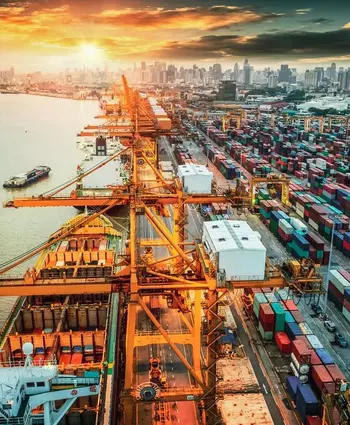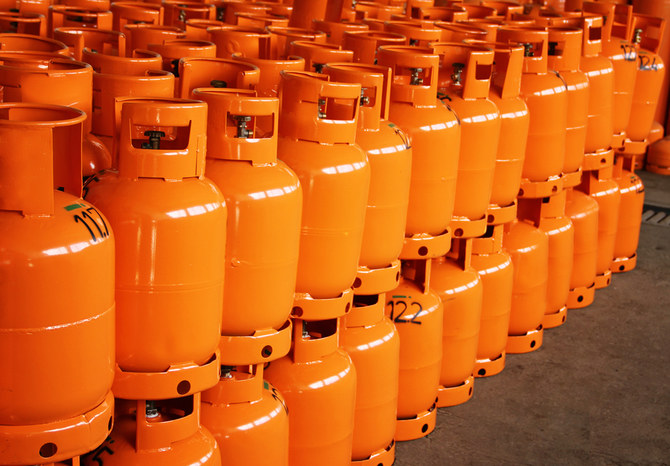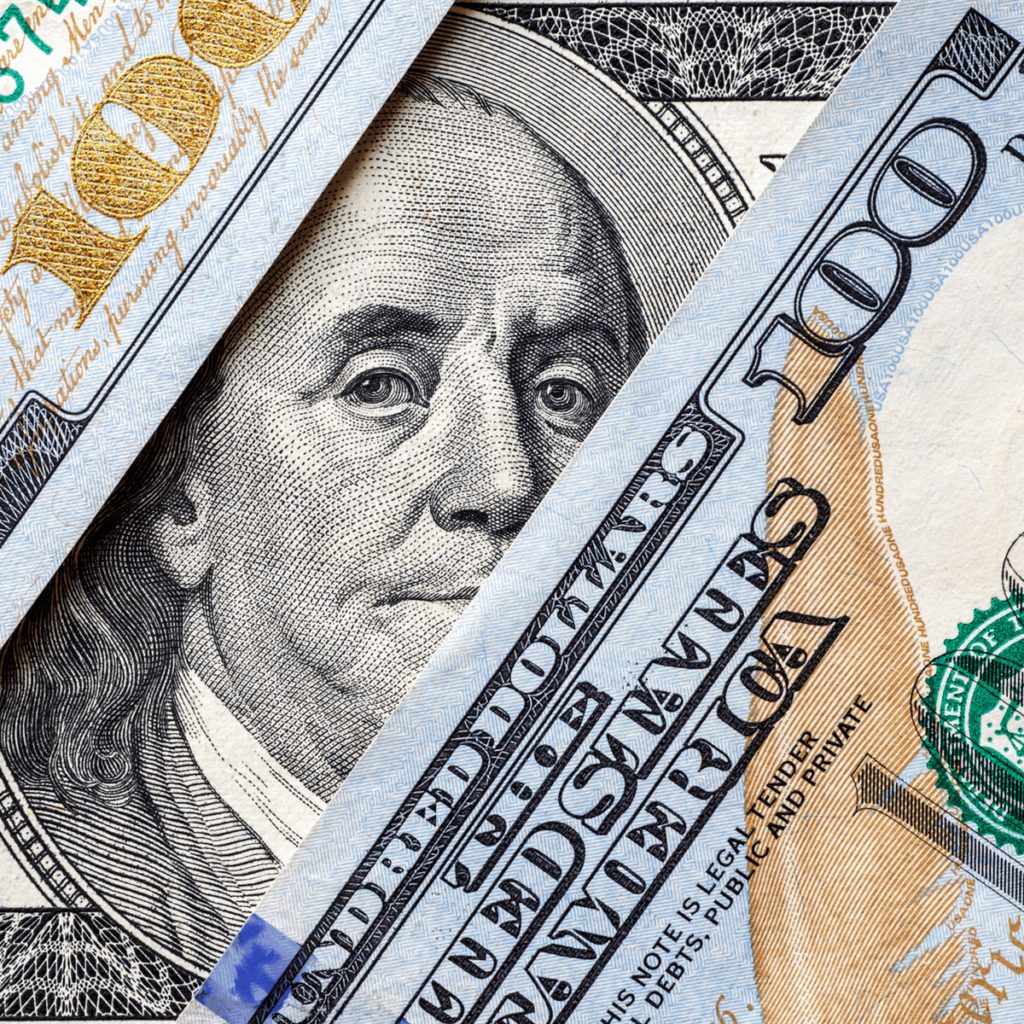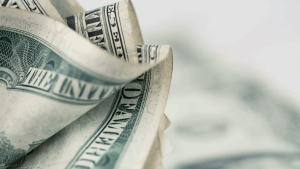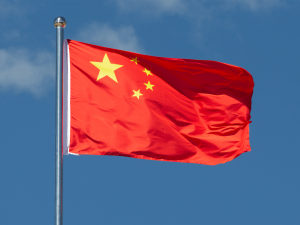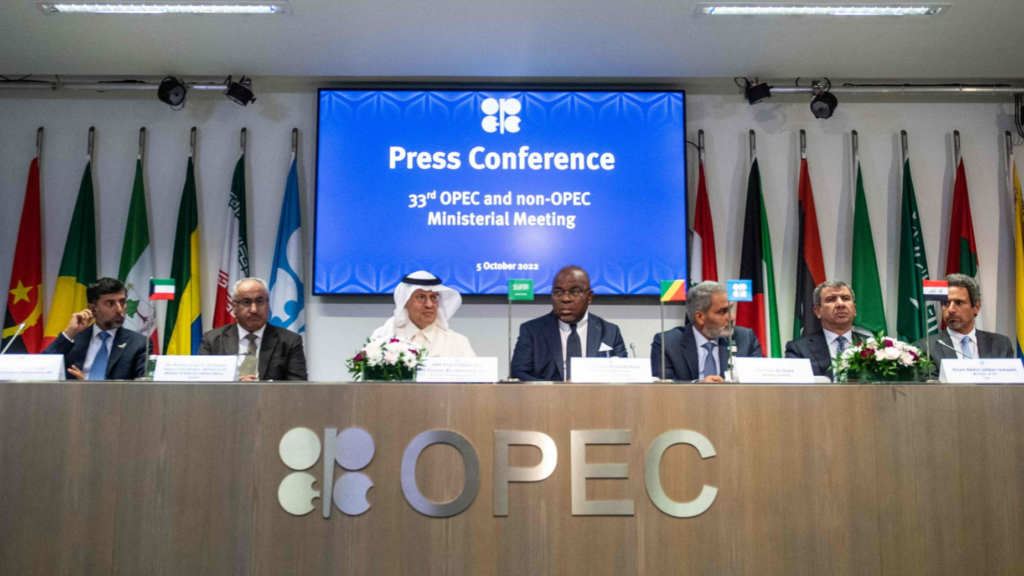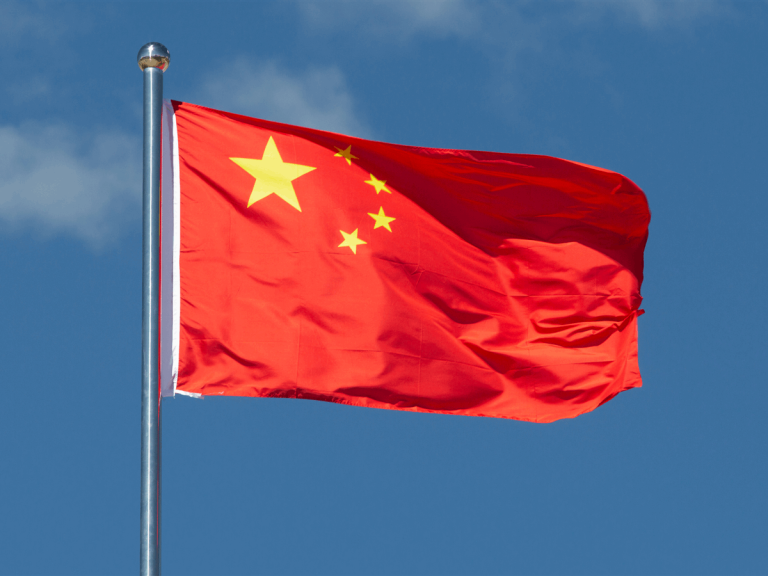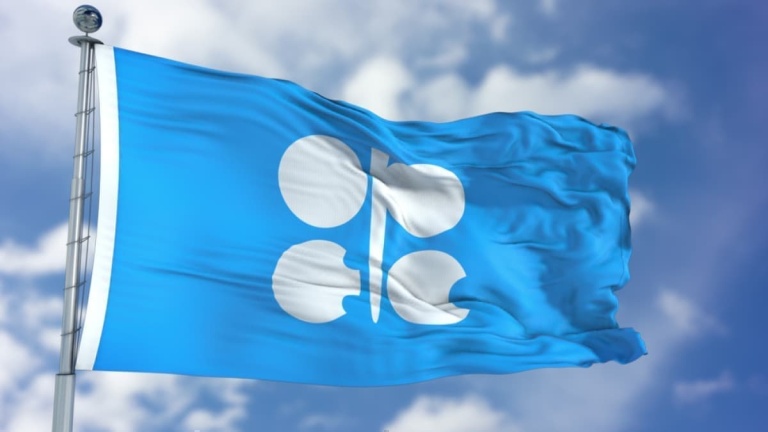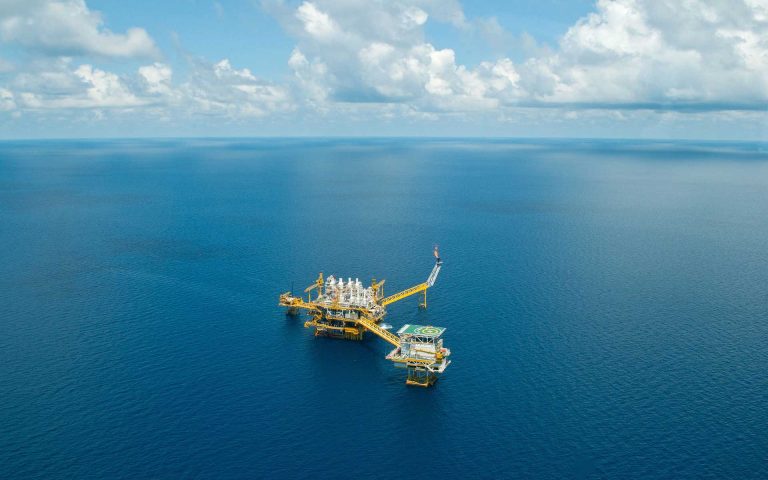OPEC+ delegates said they expect an advisory committee of ministers to recommend keeping oil production levels unchanged when they meet next week amid a tentative recovery in global demand.
Saudi Arabia and its partners will hold a review of output levels on Feb. 1, after agreeing significant cutbacks late last year to keep world crude markets in balance. Delegates from the group said privately that they expect the panel of ministers to maintain the status quo, as they await clarity on the recovery in consumption in China and the impact of sanctions on Russian supply.
International oil prices have climbed in the past two weeks, nearing $90 a barrel as China — the world’s biggest oil importer — abandons almost three years of strict anti-Covid restrictions. Still, the path of recovery remains uncertain as the country faces a resurgence of virus cases, prompting the Organization of Petroleum Exporting Countries and its allies to stay conservative.
At the same time, OPEC+ is waiting to see the full impact of European Union sanctions on member-country Russia over its invasion of Ukraine. Measures targeting its crude oil sales took effect in December and restrictions on its trade in refined products will arrive next month, but so far Russian shipments have been surprisingly resilient.
“OPEC+ looks increasingly likely to keep output levels unchanged even after the scheduled meeting,” Raad Alkadiri, an analyst at consultant Eurasia Group, said in a report. “Prices have firmed, supply remains tight, and significant levels of uncertainty prevail for both supply and demand.”
A decision to hold steady by the Joint Ministerial Monitoring Committee when it convenes online next week would be consistent with signals from top officials in the Organization of Petroleum Exporting Countries.
OPEC Secretary-General Haitham Al-Ghais said earlier this month that he is “cautiously optimistic” on the global economy as the nascent rebound in China is tempered by weakness in advanced economies. Saudi Energy Minister Prince Abdulaziz bin Salman insisted last month that OPEC+ will be “proactive and preemptive” to keep markets in equilibrium.
“All signs indicate that Saudi Arabia is seeking to stick with the policy of preemption for now and keep production constraints in place until there are clear indications that there is sufficient demand for additional supply,” said Helima Croft, head of commodity strategy at RBC Capital Markets LLC.
Analysts at Goldman Sachs Group Inc. and Energy Aspects Ltd. predict that OPEC+ will only start to reverse its supply curbs — formally about 2 million barrels a day — and increase production in the second half of the year, when accelerating demand will tighten the market. The 23-nation alliance is scheduled to
meet at OPEC’s Vienna headquarters in early June to review production levels for the remainder of 2023.
by Bloomberg.

